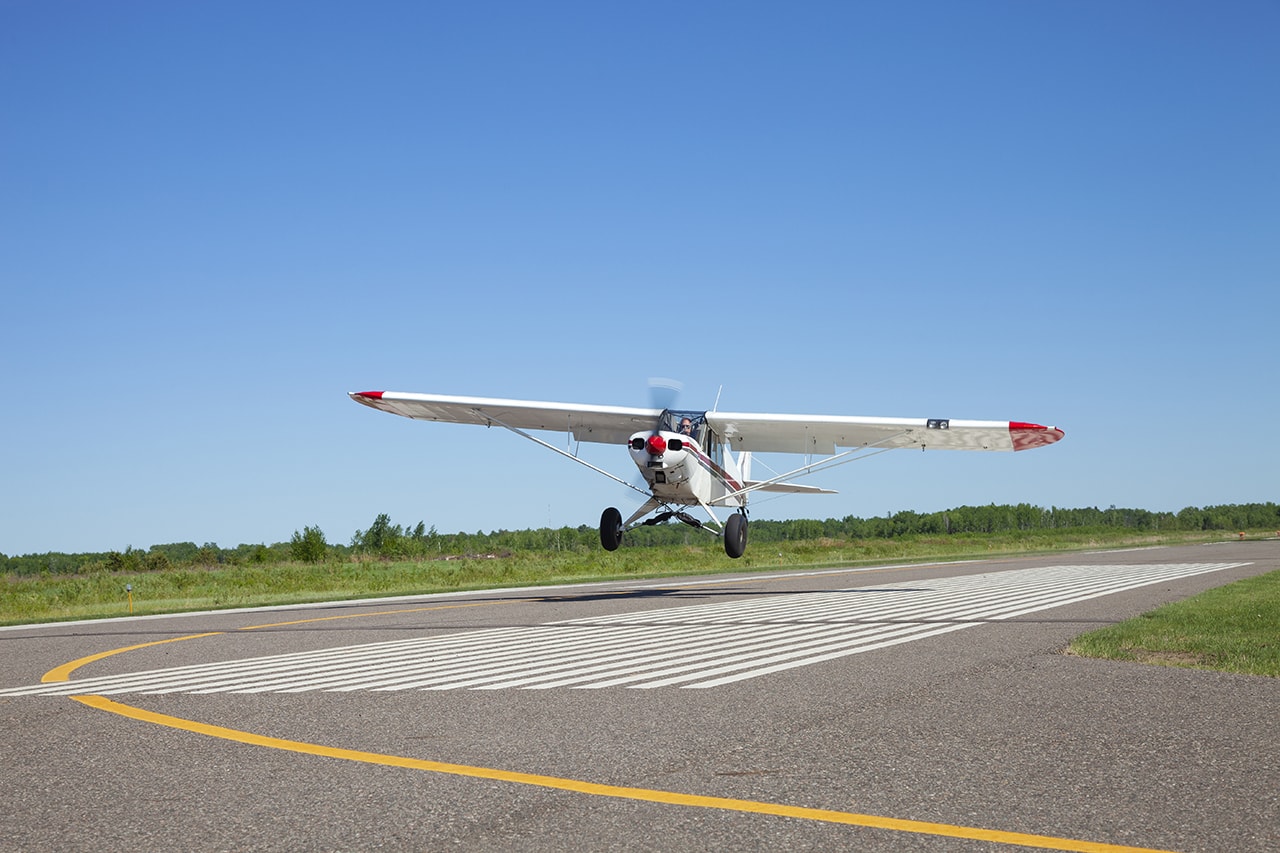Pilot Training in Ft Collins: Your Path to Becoming a Pilot
Nov 25, 2024
Flight training in Ft Collins is a combination of beautiful scenery and professional instruction. The weather in the area is diverse so you will be well prepared for all kinds of flying.
Getting a Sport Pilot Certificate is an easy and affordable way to get into flying with a streamlined process for new pilots.
Why Choose Flight Training in Ft Collins
Fort Collins, Colorado is a unique and challenging place to train, perfect for aspiring pilots. Situated near the Rocky Mountains, the city offers a wide range of flying experiences, from mountain flying to weather flying. This variety will give you a well-rounded skill set to prepare you for any flying situation.
The mild weather and beautiful views make each flight a special experience. Flight schools in Fort Collins have access to multiple airports, FNL and CYS, so you have many options for flight training.
One of the biggest advantages of flight training in Ft Collins is the mountain flying. The mountains give students the opportunity to practice aircraft performance and navigation with experienced flight instructors. This is a unique training that is highly valued in the industry.
Plus, flight training in Ft Collins is often cheaper than other parts of the US so it’s a great option for budget conscious students. The city has a growing aviation community and strong economy so it’s a great place to pursue your aviation goals.
Flight schools in Ft Collins offer private pilot training, instrument rating and multi-engine training. The views and wildlife in the area make flight training a fun experience. And you can also enjoy the outdoor activities like hiking and skiing in your free time.
Overall, pilot training Colorado in Fort Collins provides students with a well-rounded education, preparing them for a successful career in aviation.
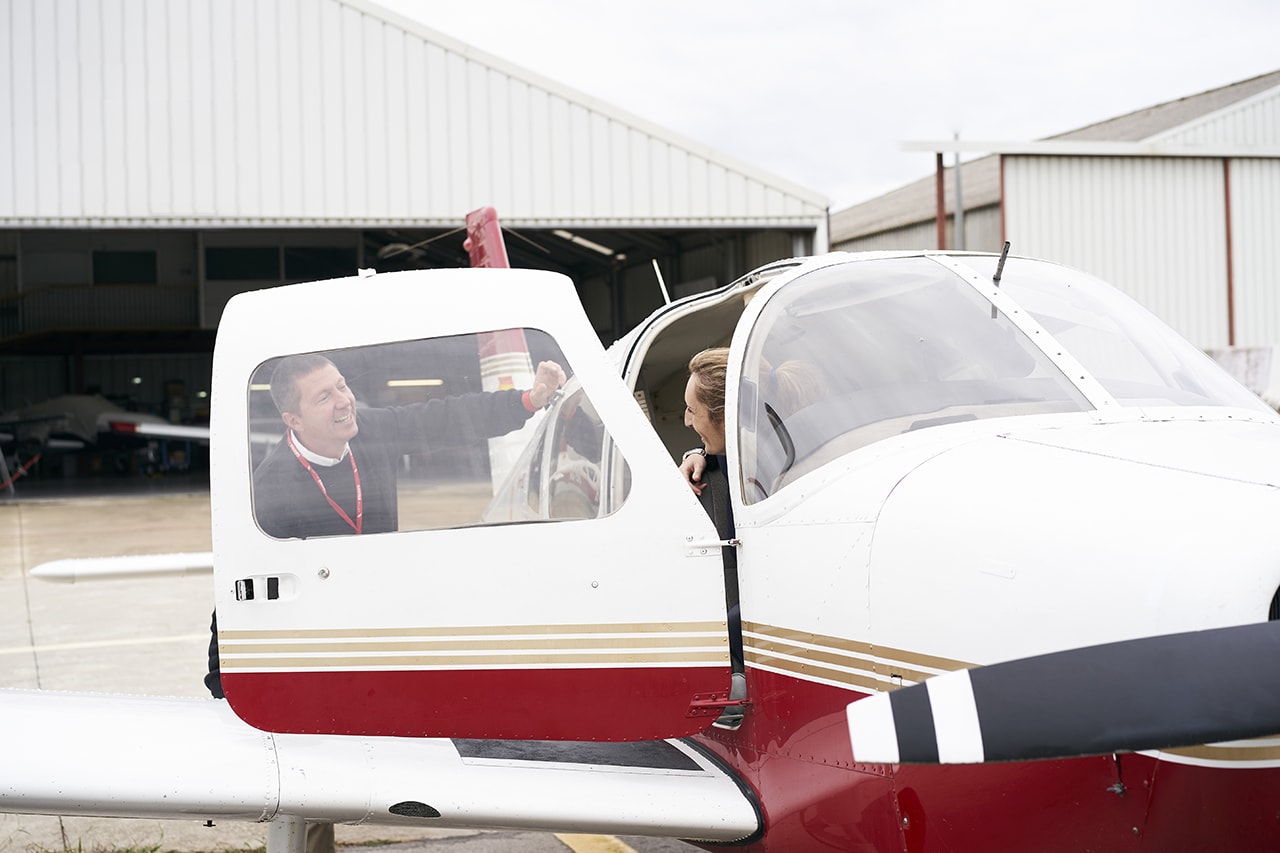
Benefits of Attending a Flight School
Attending a flight school gives you structured and comprehensive training and a full education in aviation. One of the biggest advantages is having experienced flight instructors to teach and guide you to develop your flying skills.
Flight schools have a fleet of aircraft with the latest technology, so you train in a safe and modern environment. This access to modern equipment is key to learning all aspects of flying from basic maneuvers to complex navigation.
The flight school environment allows students to be around like-minded people and instructors who share the same passion for aviation. This sense of community breeds collaboration and mentorship which is key to success in the aviation industry.
Attending a flight school also helps students develop important skills like communication, teamwork and problem solving. These skills are not only important for flying but for overall personal and professional development.
Flight schools offer flexible scheduling so students can balance their training with work or other commitments. This flexibility means students can progress at their own pace without having to compromise their other responsibilities.
Plus, flight schools have access to resources like flight simulators, aircraft maintenance facilities and weather briefing rooms. These resources make the learning experience more realistic and prepares students for real world flying.
The sense of belonging that comes with attending a flight school is another big bonus. Students form lifelong connections with their peers and instructors and a network of support that goes beyond their training.
Flight schools also offer career guidance and job placement services to help students achieve their aviation goals. This is huge for those looking to transition from training to a professional flying career.
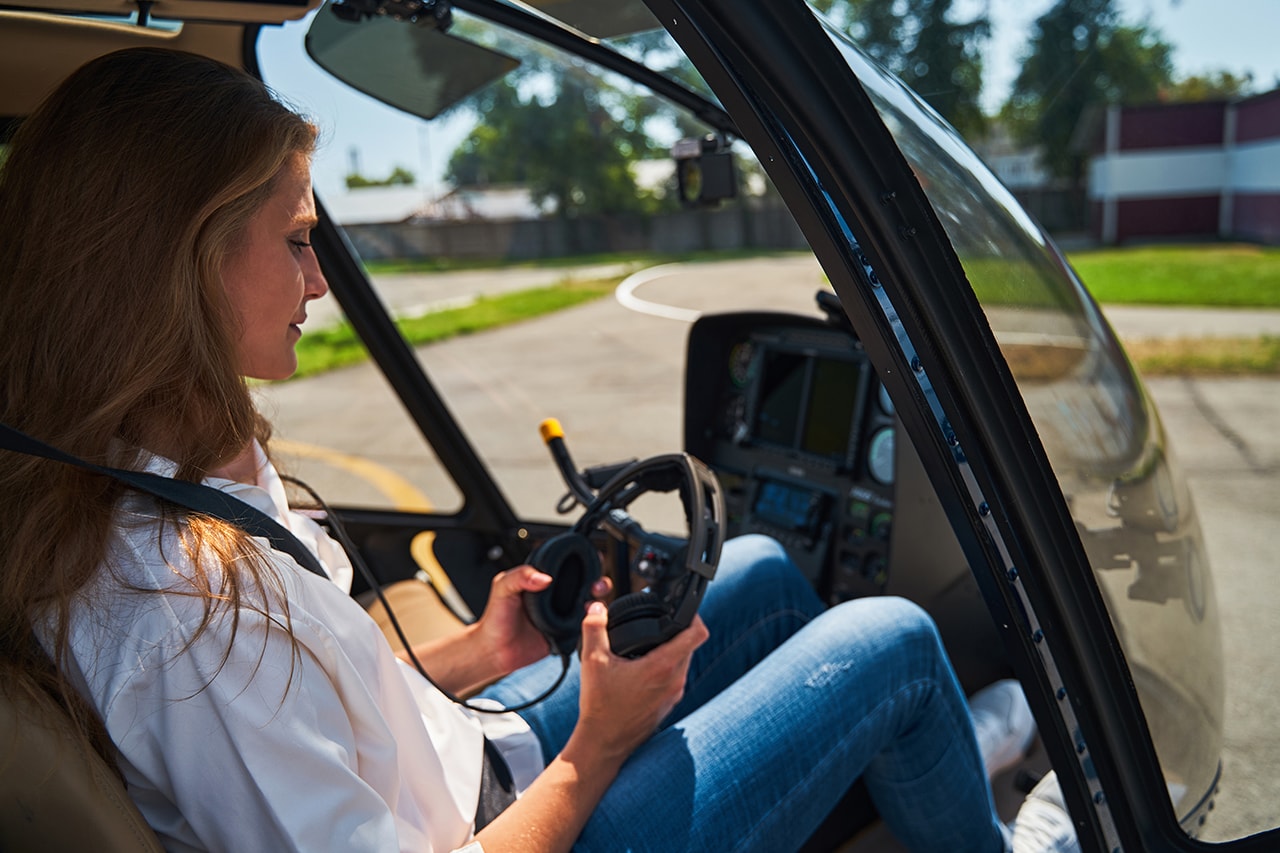
Step-by-Step Guide to Getting Started with Pilot Training in Ft Collins
Getting started with flight training in Ft Collins begins with understanding the process. First step is to schedule a discovery flight so you can fly and see if this is for you.
Scheduling a discovery flight can help you decide if pursuing a Sport Pilot Certificate, a popular entry-level option, is right for you.
This flight will give you a taste of the flight training process and help you decide if getting a pilot certificate is right for you.
Once you decide to move forward the next step is to meet with a flight instructor to discuss your goals and create a personalized training plan.
This plan will outline the specific requirements for the pilot certificate you want to get, number of flight hours, ground school sessions and exam prep.
Next step is to enroll in a flight training program where you will start formal training in the classroom and in the cockpit. During this phase, you will begin your initial flight training, which lays the foundation for your flying skills.
During the training, you will learn skills such as aircraft operation, navigation, and communication all under the guidance of experienced instructors.
As you progress through the program you will work towards meeting the Federal Aviation Administration (FAA) requirements to get your pilot certificate.
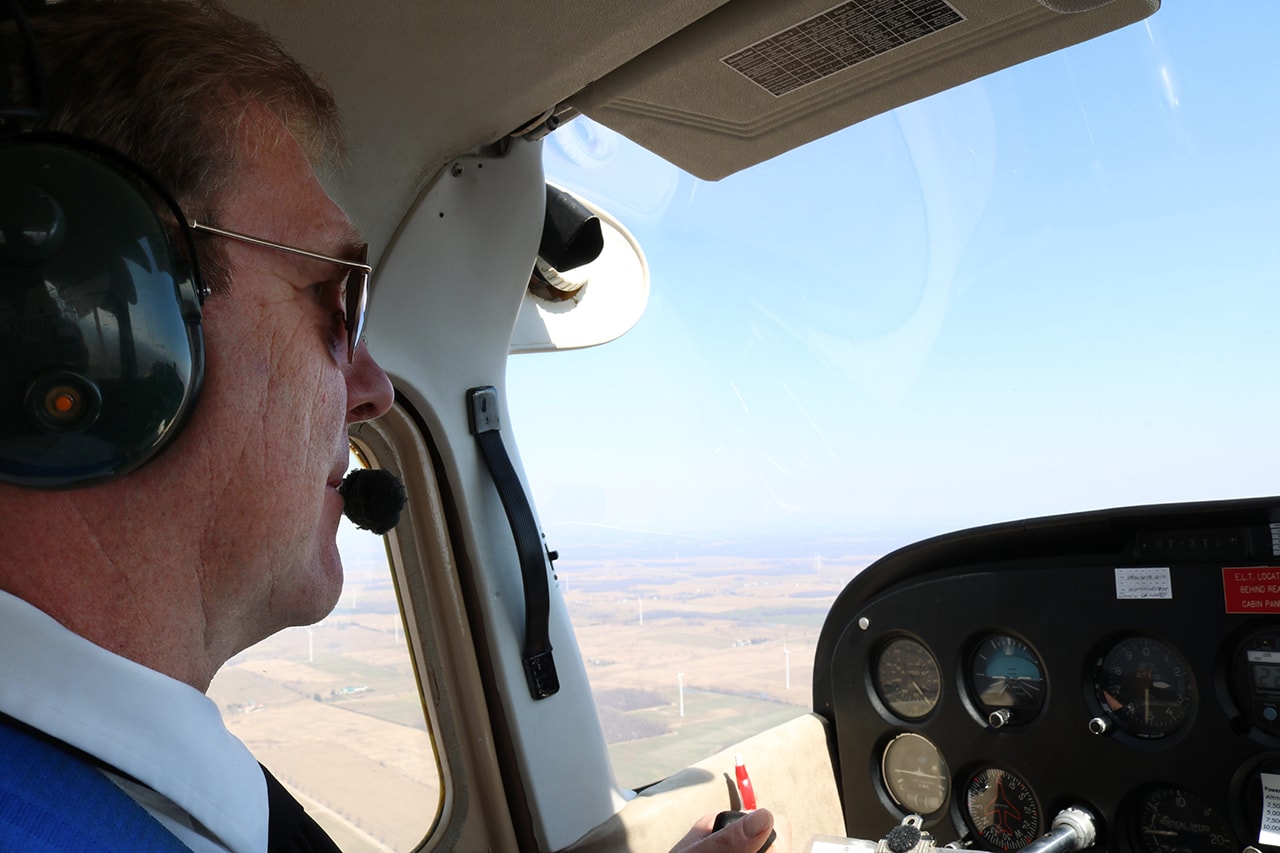
How to Choose the Right Flight School for Pilot Training in Ft Collins
Choosing the right flight school is a big part of your flight training journey. In Ft Collins, students should consider a few things to make sure they choose a school that fits their goals and learning style.
First, research the school’s reputation by reading reviews and talking to current and past students. That will give you a good idea of the quality of instruction and overall student satisfaction.
Some schools offer programs specifically for obtaining a Sport Pilot Certificate, which can be an affordable and accessible entry point into aviation.
Another big consideration is the experience and credentials of the flight instructors. Look for schools with certified instructors who have a lot of flight time, especially in mountain and complex airspace.
A good safety record is important too, because it shows the school is committed to high standards of training and aircraft maintenance.
Location and convenience are other things to think about when choosing a flight school in Ft Collins. Make sure the school is close by and has flexible scheduling to fit your schedule.
Also, ask about the curriculum and training methods to make sure they cover everything you need to become a pilot.
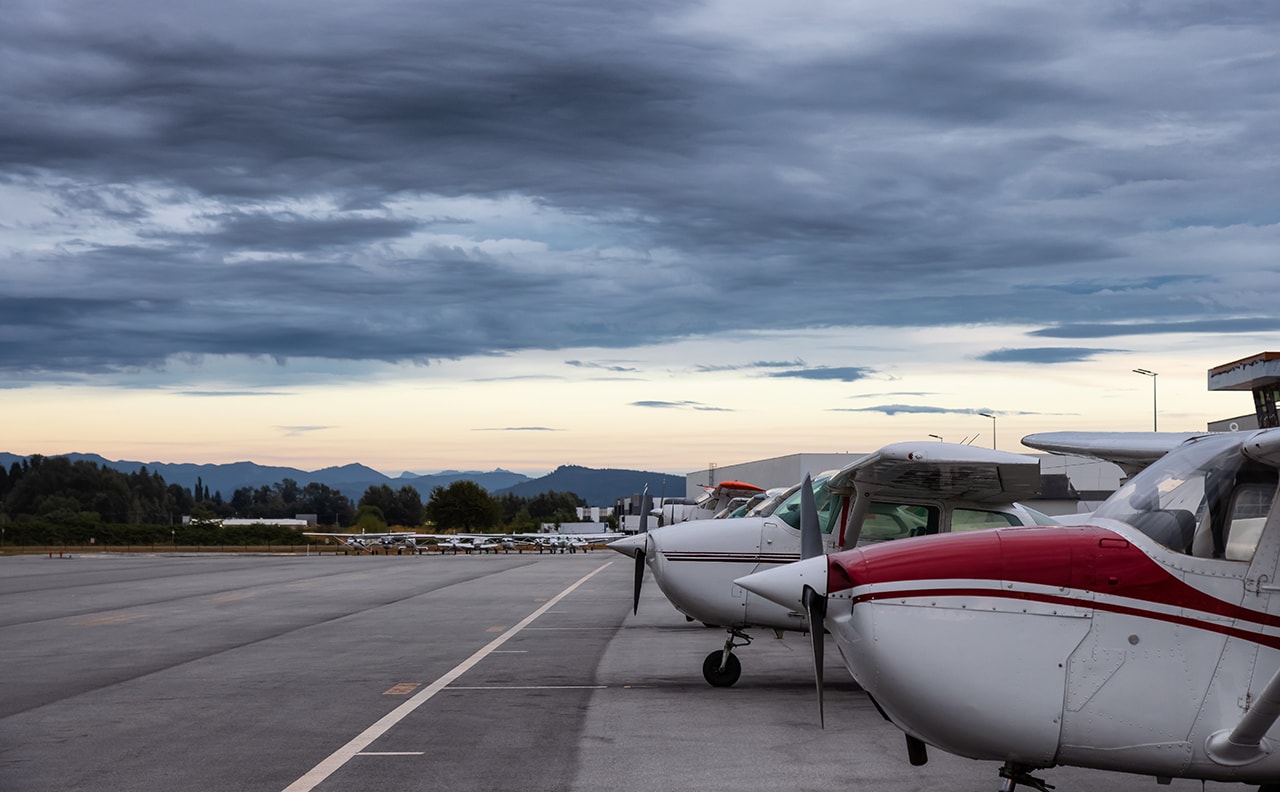
Understanding the Cost of Pilot Training in Ft Collins: What to Budget For
The cost of flight training in Ft Collins will vary depending on the type of certification you are pursuing and the flight school’s pricing. As a general rule of thumb, you should budget for flight instruction, aircraft rental, ground school materials and exam fees.
These add up quickly so plan accordingly and look into financing options that may be available.
Private pilot training is the most affordable option and is a foundation for those who want to fly recreationally or professionally. The Sport Pilot Certificate is often more affordable than other certifications, making it an attractive option for those on a budget.
But if you want to add an instrument rating or multi-engine training, be prepared to add more to the cost. These programs require more flight hours and specialized instruction which will increase the overall cost of training.
Many flight schools in Ft Collins offer scholarships and financing options to help manage the cost of pilot training. Look into these as they can help offset the cost and make training more affordable.
Also, get involved in the local aviation community to find out about funding sources and cost saving tips.
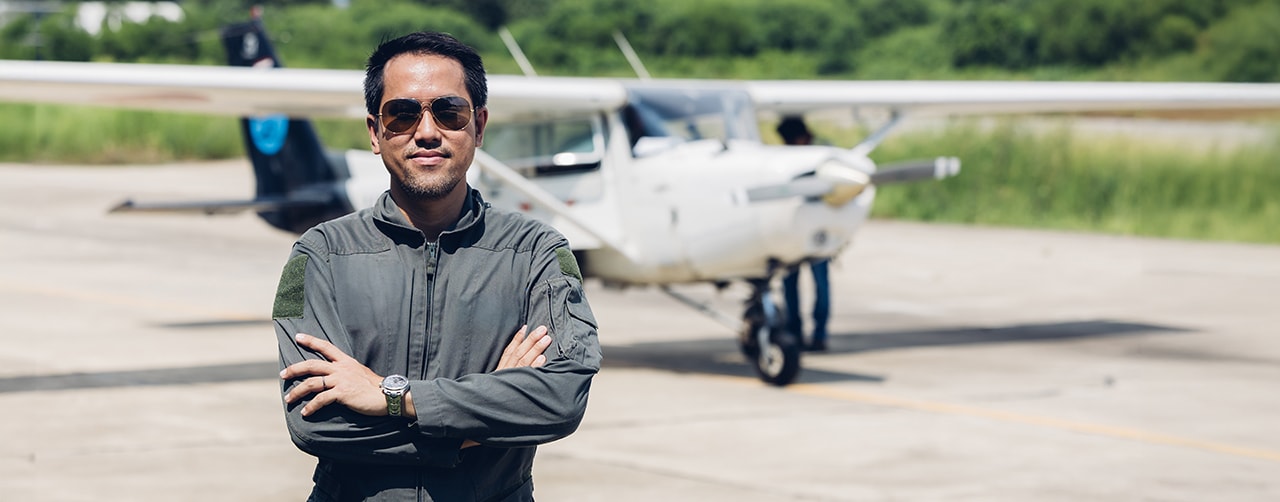
Detailed Breakdown of Pilot Training Costs in Fort Collins
Private Pilot License (PPL)
-
Flight Instruction and Aircraft Rental:
-
Average hourly rate: $150 - $200
-
Total flight hours required: Minimum 40 hours
-
Estimated total cost: $6,000 - $8,000
-
-
Ground School:
-
Cost for materials and classes: $250 - $500
-
Check out this program for a more affordable ground school option.
-
-
Examination Fees:
-
Written exam: $150
-
Practical test (check ride): $500 - $700
-
Instrument Rating
-
Additional Flight Hours:
-
Average hourly rate: $150 - $200
-
Additional flight hours required: 30 - 40 hours
-
Estimated total cost: $4,500 - $8,000
-
-
Ground School and Materials:
-
Cost: $300 - $600
-
-
Examination Fees:
-
Written exam: $150
-
Practical test: $500 - $700
-
Commercial Pilot License (CPL)
-
Flight Instruction and Aircraft Rental:
-
Average hourly rate: $150 - $250
-
Total flight hours required: 250 hours (including previous hours)
-
Estimated total cost: $20,000 - $30,000
-
-
Ground School and Materials:
-
Cost: $500 - $1,000
-
-
Examination Fees:
-
Written exam: $150
-
Practical test: $750 - $1,000
-
Multi-Engine Rating
-
Flight Instruction and Aircraft Rental:
-
Average hourly rate: $250 - $350
-
Total flight hours required: 10 - 20 hours
-
Estimated total cost: $2,500 - $7,000
-
-
Examination Fees:
-
Practical test: $500 - $700
-
Pilot training is a significant investment, and careful planning is crucial to manage expenses effectively. By understanding the costs involved and exploring available financial support, you can embark on your aviation journey with confidence.
If you're looking to get your pilot license Ft Collins, it's important to compare prices and training options to find the best program that fits your needs and budget.
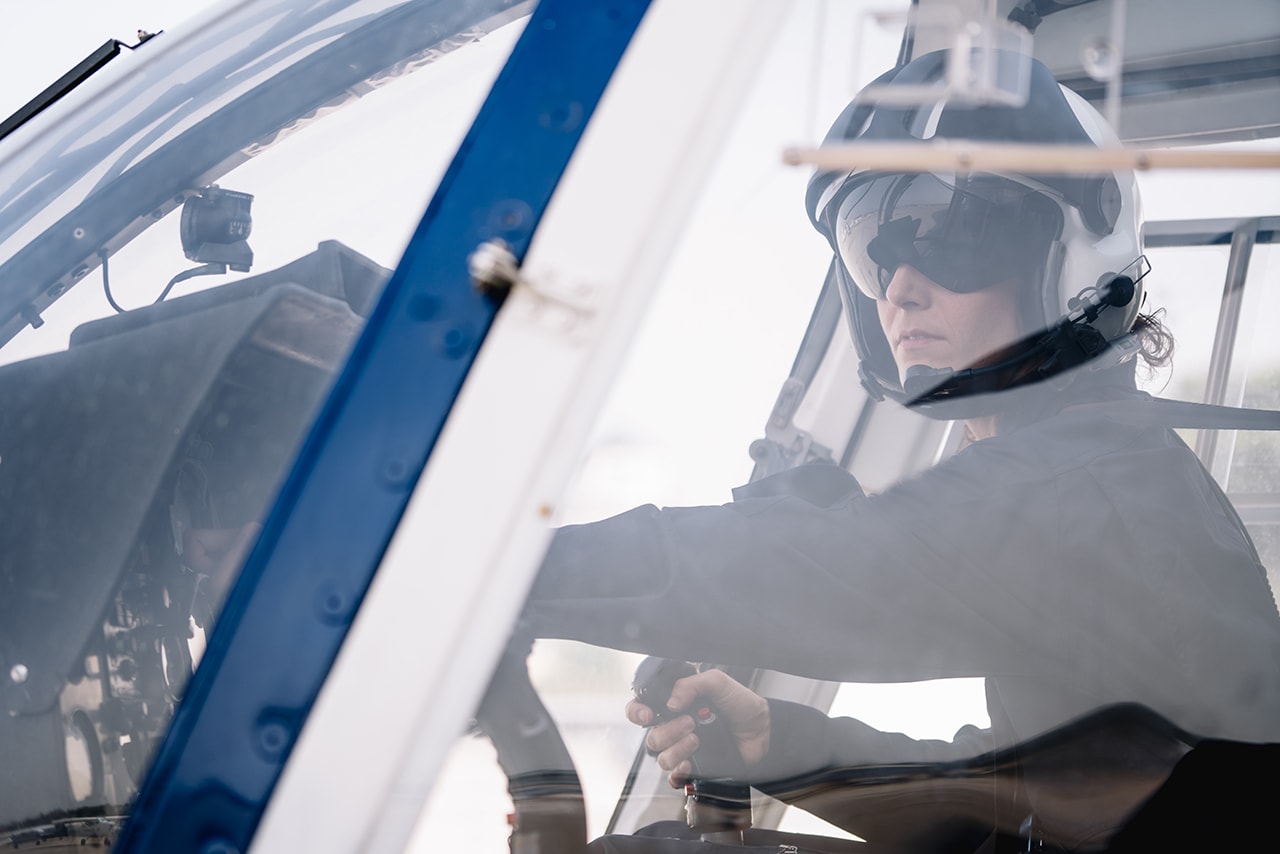
What Are the Different Types of Pilot Licenses Available in Ft Collins?
Ft Collins has many different flight training programs, each leading to different pilot licenses. The starting point for most pilots is the private pilot certificate which allows you to fly recreationally and is a steppingstone to further training.
A minimum of 40 hours of flight time is required, including 20 hours of dual instruction and 20 hours of solo flight, along with a written exam and practical test.
For those looking for an accessible and affordable entry into flying, the Sport Pilot Certificate is an excellent option. It requires a minimum of 20 hours of flight time, including 15 hours of dual instruction and 5 hours of solo flight.
The streamlined training process and lower cost make it appealing to aspiring pilots. Additionally, the Sport Pilot Certificate requires passing a written exam and a practical test.
For those who want to expand their skills the instrument rating is a great addition to your pilot credentials. This allows you to fly in instrument meteorological conditions (IMC) and opens up more flying opportunities and safety.
The instrument rating requires additional flight hours and specialized instruction in instrument navigation and procedures.
Another option for pilots who want to fly more complex aircraft is the multi-engine rating. This rating is for flying airplanes with more than one engine and teaches you the skills to handle the added complexity and performance.
Each of these ratings offers pilots new opportunities to advance their aviation career and try new flying experiences.
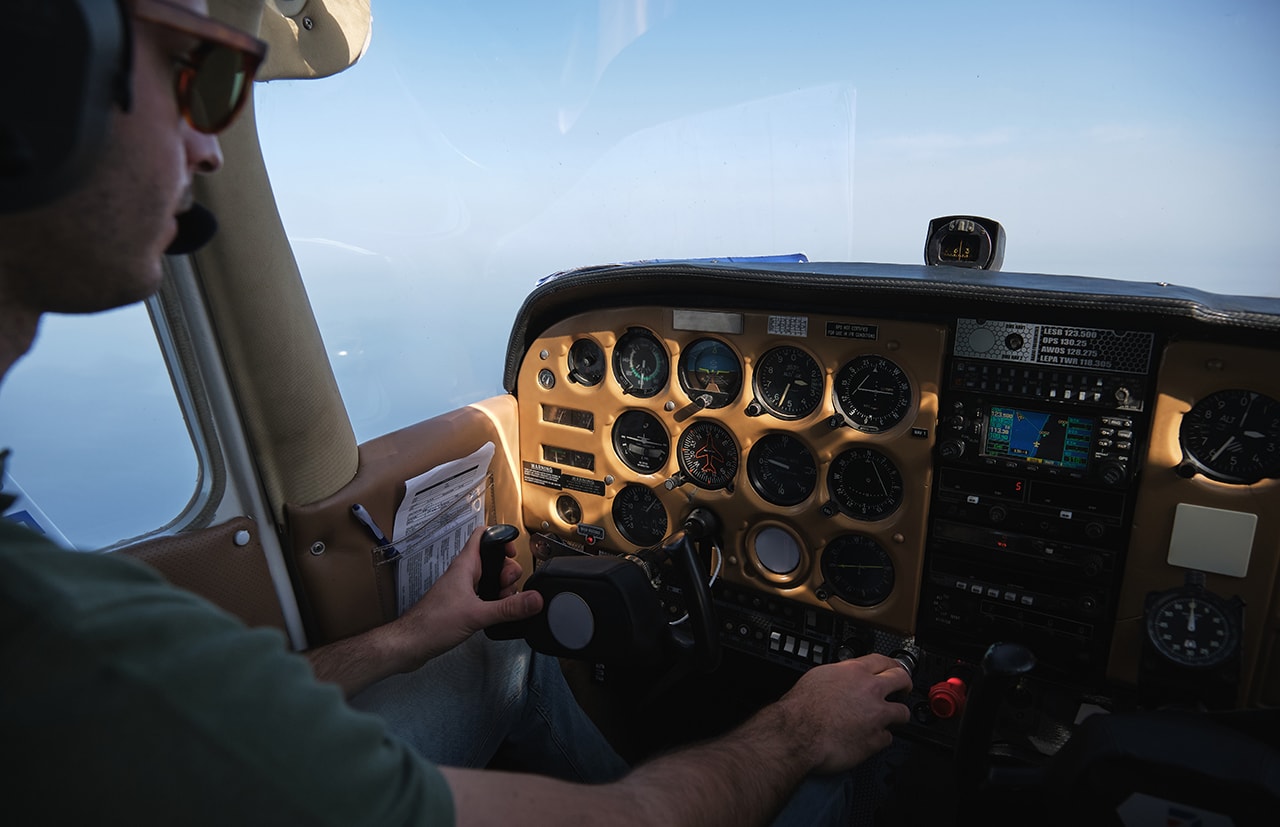
Mountain Flight Training Challenges and Opportunities
Mountain flight training in Northern Colorado is a tough environment that requires students to develop advanced skills in performance, navigation and decision making.
The mountains offer a wide range of flying experiences, turbulence, wind shear and icing conditions, all essential to a well-rounded aviation education.
One of the biggest challenges of mountain flight training is reading and interpreting weather forecasts. The mountainous terrain can create weather that changes rapidly, so pilots need to be able to navigate through it safely.
Students also need to develop their skills in aircraft performance, takeoff and landing in high altitude environments. The thinner air at higher elevation affects aircraft performance so pilots need to understand and manage these changes.
Emergency procedures are another big part of mountain flight training. The rugged terrain and limited landing options means pilots need to be prepared for anything, so they can handle emergencies with confidence and precision.
Despite the challenges, mountain flight training offers many opportunities for personal and professional growth. The scenery and wildlife are so beautiful and diverse, every flight is a unique and enjoyable experience and adds an adventure to the training.

Experienced flight instructors in Northern Colorado will give you personalized instruction and guidance as you navigate the mountain flying complexities. This training will give you a sense of accomplishment and confidence as you learn the skills to fly in tough environments.
The knowledge and skills you gain from mountain flight training are transferable to other areas of aviation, commercial and general aviation. Pilots with mountain flying experience are highly sought after for their ability to handle complex flying conditions, so this training is part of a well-rounded aviation education.
So, mountain flight training is a great experience for students looking to become an aviator. The skills you develop here will serve you well in any flying situation.
Career Opportunities After Completing Pilot Training in Ft Collins
Completing flight training in Ft Collins offers aspiring aviators a multitude of career paths within the aviation industry. With a pilot license in hand, individuals can tap into the vibrant aviation community of Ft Collins and its proximity to major airports, setting the stage for a successful flying career.
Obtaining a Sport Pilot Certificate can be a great first step for those looking to start their aviation career, providing a foundation for further training and opportunities.
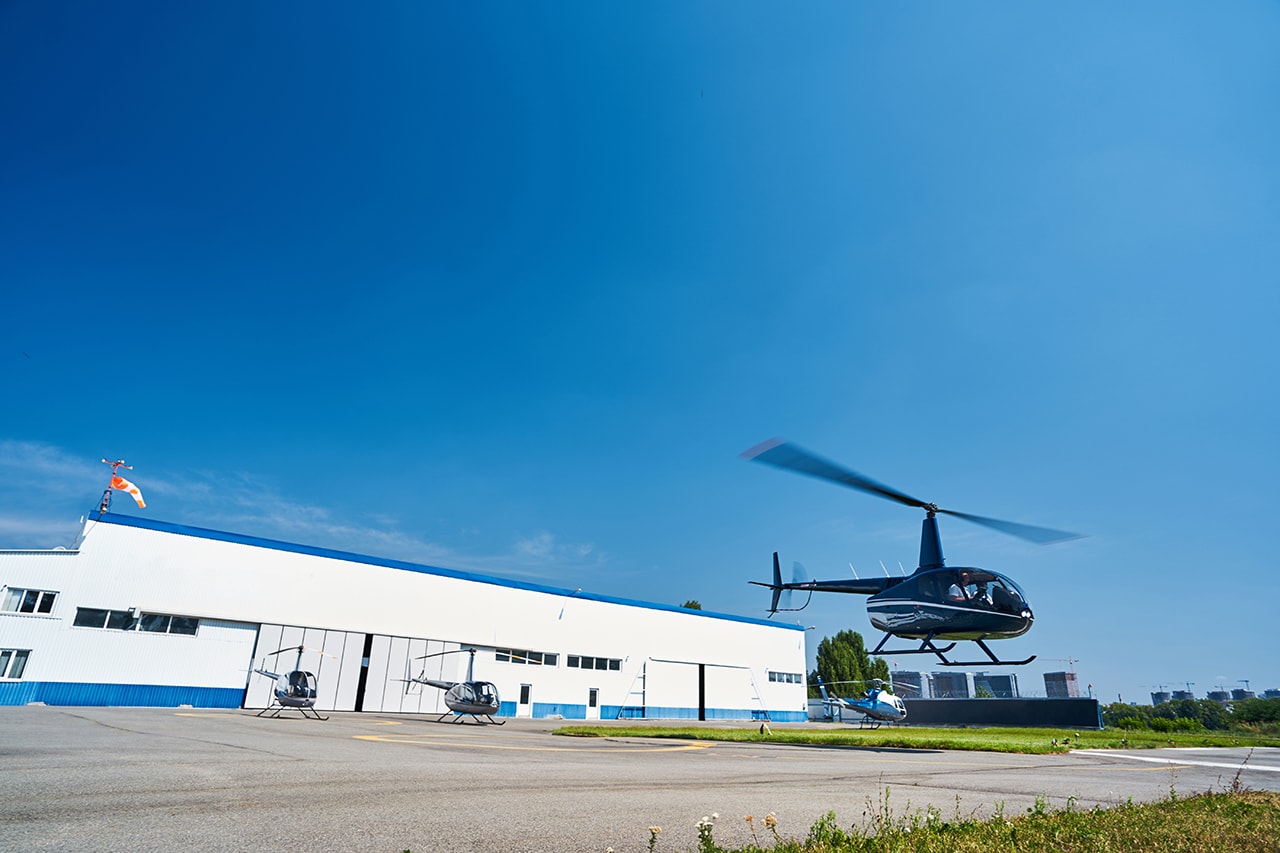
Potential Career Paths:
-
Commercial Aviation:
-
Work for airlines as copilots or captains.
-
Operate passenger aircraft, ensuring safety and comfort.
-
Navigate complex airspace.
-
Opportunities for advancement and travel.
-
Employment with charter companies for personalized flight services.
-
-
Private Flying:
-
Fly smaller aircraft for personal or business purposes.
-
Offer a flexible and intimate flying experience.
-
Explore specialized skills like mountain flying or aerial photography.
-
-
Specialized Aviation Fields:
-
Aerial Surveying: Map terrain with precision.
-
Firefighting: Combat wildfires from the skies.
-
Agricultural Aviation: Spray crops efficiently.
-
Ft Collins' diverse landscape and active agricultural sector provide a rich environment for pilots to apply their skills in unique ways.
Completing pilot training here equips individuals to embark on a fulfilling aviation career with endless possibilities for growth and exploration.
